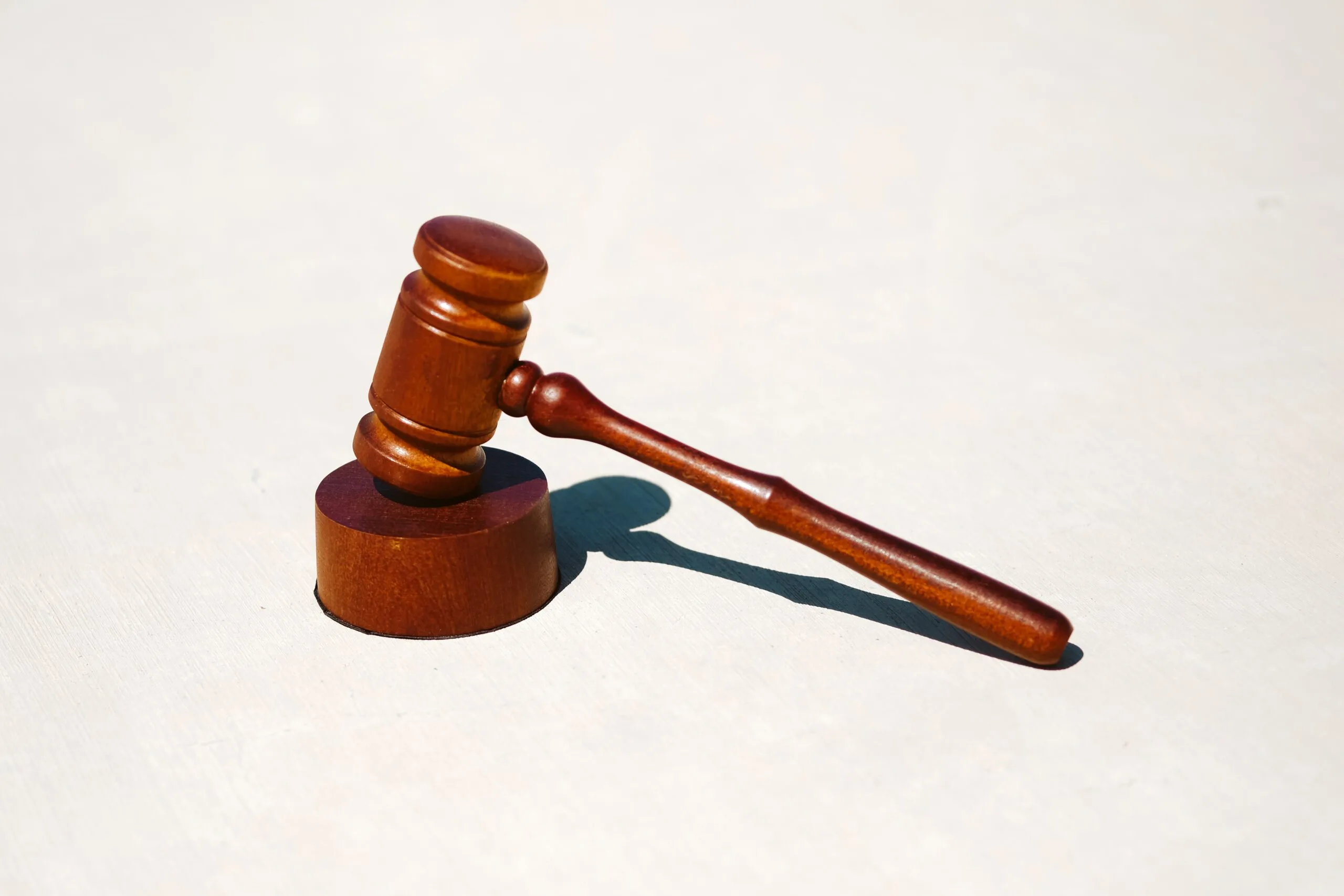Judges Mostly Agree on Most Problematic Prosecutorial Misconduct, But That Doesn’t Translate to Accountability
Despite broad agreement that unethical behaviors are worthy of investigation, disciplinary action is rarely taken.
03.23.23 By Innocence Staff
Most judges are highly discerning of the way prosecutors conduct themselves in cases and courtrooms, and believe that unethical acts should be investigated as misconduct, a recent study found. However, these perspectives alone are not enough to curb prosecutorial misconduct.
The study, titled “Prosecutorial Misconduct: Assessment of Perspectives from the Bench” and published in the American Judges Association Court Review, looked to answer the central question: Do judges generally agree on what constitutes prosecutorial misconduct?
Researchers, including psychologists Saul Kassin and Stephanie Cardenas, Innocence Project Research Manager Vanessa Meterko, and former Innocence Project Fellow Faith Barksdale, surveyed hundreds of judges to assess the extent to which they agreed with one another. Judges were asked to rank descriptions of prosecutorial behavior on a seven-point scale of “very unethical” to “very ethical.” They were also asked whether the behavior should be investigated as an act of possible misconduct.
The list of behaviors included actions that are technically allowable but could be problematic — like eliciting testimony in exchange for leniency in another case — and behaviors that are not allowable, like failing to turn over favorable evidence to the defense in what is known as a Brady violation.
The descriptions of prosecutorial conduct and various scenarios were drawn from actual wrongful conviction cases but abstracted from case-related context. For example, one statement described a scenario in which a prosecutor knew but did not disclose that an eyewitness who identified the accused person in a lineup had previously failed to identify that person or identified someone else altogether. Another described “hiding, destroying, or tampering with exculpatory evidence and case files.”
According to the study, judges largely saw the most egregious and problematic of behaviors — such as outright violations of ethics codes — as unethical, although there was less consensus when it came to the ethicality of problematic but technically allowable actions. The more unethical behavior was ranked, the more likely they were to classify it as worthy of investigation.
Judges were also given the opportunity to provide additional thoughts and insights, and several judges emphasized the importance of maintaining high ethical standards.
“The State must always keep in mind that its role is not to convict at any cost, but to take all steps necessary to ensure that its agents behave ethically with due respect for the rights of the accused, no matter how heinous the crime,” wrote one judge.
Another similarly wrote, “When handling criminal cases, prosecutors should be held to the highest standards from the beginning to the conclusion of all cases. Prosecutors who cannot uphold these high standards should not be involved in any way in cases involving life and liberty.”
However, the study highlights, despite their responses to the survey, in practice, few judges actually raised such prosecutorial conduct for bar review — one of the few mechanisms available to hold a prosecutor (or any attorney) accountable.
Though prosecutorial misconduct has played a role in more than 30% exoneration cases, just 4% of prosecutors who participated in wrongful conviction cases involving prosecutorial misconduct have faced any kind of personal or professional discipline, according to the National Registry of Exonerations. Prosecutorial misconduct can be extremely difficult to uncover because prosecutors frequently have control over access to the evidence necessary to investigate misconduct claims, and there are currently no reliable and effective systems to hold prosecutors accountable.
While the study found that “there is no dispute among judges as to what constitutes the most egregious acts of misconduct” — such as acts with clear guidelines like withholding evidence — judges “disagreed markedly” about the ethicality of several other behaviors. For example, judges were evenly split on whether a prosecutor introducing prejudicial evidence known to be inadmissible in court is an unethical action worthy of investigation. This underscores the extent to which judicial assessments of ethical breaches can be subjective and dependent on the opinions of each individual judge in the absence of clear guidelines.
Despite broad agreement that the most unethical behaviors are worthy of investigation, such investigations or disciplinary action are rarely carried out.
“This result begs the question, why the chasm between theory and practice?” the study asks.
Some judges responded that understanding the prosecutor’s intent (whether the misconduct was intentional or the result of negligence) would be key to informing their perspective. Others said they felt that the legal system ultimately corrects itself because defense counsel has the ability to challenge a prosecutor’s problematic behavior.
In concluding their report, the researchers urge further education and conversation to establish clarity around what behaviors constitute misconduct, and suggest creating commissions to regulate these problematic behaviors with more transparency, starting with the types of misconduct upon which judges most agreed.

Leave a Reply
Thank you for visiting us. You can learn more about how we consider cases here. Please avoid sharing any personal information in the comments below and join us in making this a hate-speech free and safe space for everyone.